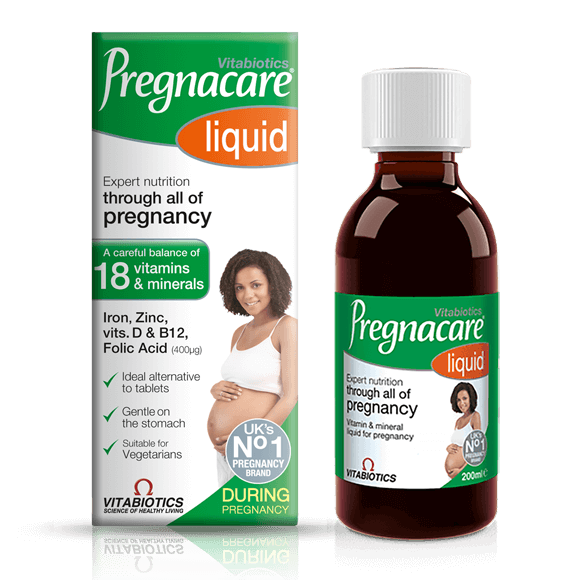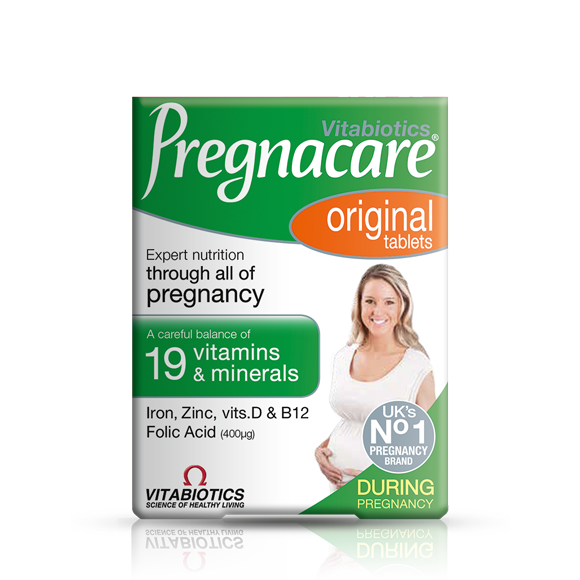Why Do I Suffer From Indigestion During Pregnancy?
The hormones involved in pregnancy relax the sphincter between the stomach and the oesophagus, which may cause indigestion. The problem might also be gastric reflux. Keeping something in your stomach is the best way to prevent it. Eat frequent small meals throughout the day instead of fewer large ones. Some women find certain foods make indigestion worse such as spicy, rich, fatty or acidic foods and fizzy drinks.
Sleeping with your head elevated may also help. You might want to try peppermint tea, which can help calm the gastrointestinal tract. Antacids can also help some people. Try to eat slowly and allow time to digest food before rushing around. Not eating just before bedtime and avoiding stress, when possible, may also prevent discomfort.
Why Do I Struggle To Sleep During Pregnancy? I’m Exhausted!
Many women suffer from insomnia and other sleep problems during pregnancy and most often it is caused by not being able to get comfortable, frequent trips to the bathroom, leg cramps, excitement and anxiousness about the baby’s arrival. Try to avoid tea, coffee or cola drinks in the evening, as the caffeine can make it harder to go to sleep.
Worrying about your lack of sleep will only compound the problem so try the following methods to get a good night’s sleep:
1. Start winding down before climbing into bed by taking a warm bath or get your partner to give you a massage. You can also try a pre-bed relaxation technique such as progressive muscle relaxation or guided imagery.
2. Make sure your room is a comfortable temperature for sleeping. Is it dark and quiet enough? Heavy or dark-coloured curtains can help keep out unwanted light, and sound machines can help mask the drone of traffic with white noise.
3. If you aren’t asleep within 20 to 30 minutes after getting into bed, get up and go into another room. Read a magazine or listen to music until drowsy, then get back into bed.
What Role Does Iron Play During Pregnancy?
have some food or drink containing vitamin C, such as fruit or vegetables or a glass of fruit juice, with iron-rich meals to help your body absorb the iron.If the iron level in your blood becomes low, your GP or midwife will advise you to take iron supplements. Good sources of iron include: lean meat, green leafy vegetables, dried fruit, nuts and fortified breakfast cereals. Make sure you read our guide to iron-rich foods.
Make sure you also check out the rest of our Pregnacare A-Z Guide to Pregnancy and NutritionA / B / C / D / E / F / G / H / I / J / L / M / N / P / S / T / U / V / W While every attempt has been made to ensure that the information contained in this guide is accurate and reliable, this is intended as a guide only and not a substitute for advice from a health professional. Please note: Vitabiotics cannot guarantee the reliability of facts obtained from other third party information sources. Information correct at time of being published (May 2020).







Comments (0)